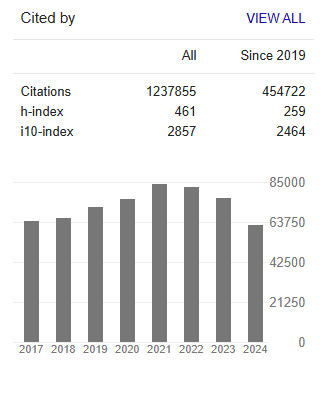Harnessing Phytate for Phosphorus Security: Integrating Microbial and Genetic Innovations
Abstract
Abdullah Al Mamun, Shabiha Tasbir Rahman and Salman Khan
Phosphorus is an essential macronutrient that supports plant energy metabolism, nucleic acid synthesis, and signal transduction. Despite its abundance in soil and organic matter, modern agriculture remains dependent on finite rock phosphate sources, raising concerns over long-term sustainability and environmental pollution. A significant portion of phosphorus exists in the form of phytate, which is inaccessible to plants due to their inability to produce phytase enzymes. This review explores two integrated strategies aimed at improving phytate utilization in agricultural systems. First, microbial interventions involving phytate-degrading bacteria (PDB) and phosphate-solubilizing bacteria (PSB) have shown promise in mobilizing phosphorus from both organic and mineral-bound sources. However, their effectiveness is often limited by environmental variability and microbial survival in soil ecosystems. Second, genetic engineering offers a direct route to enhance internal phosphorus use efficiency by enabling crops to express microbial phytase genes. By combining these microbial and genetic innovations, we propose a dual-strategy framework that targets both soil- and seed-bound phytate. This approach holds the potential to close the phosphorus loop, reduce fertilizer inputs, and support more sustainable agriculture. Future research should focus on optimizing microbial consortia, advancing gene delivery systems, ensuring biosafety, and integrating these technologies with smart farming tools.




